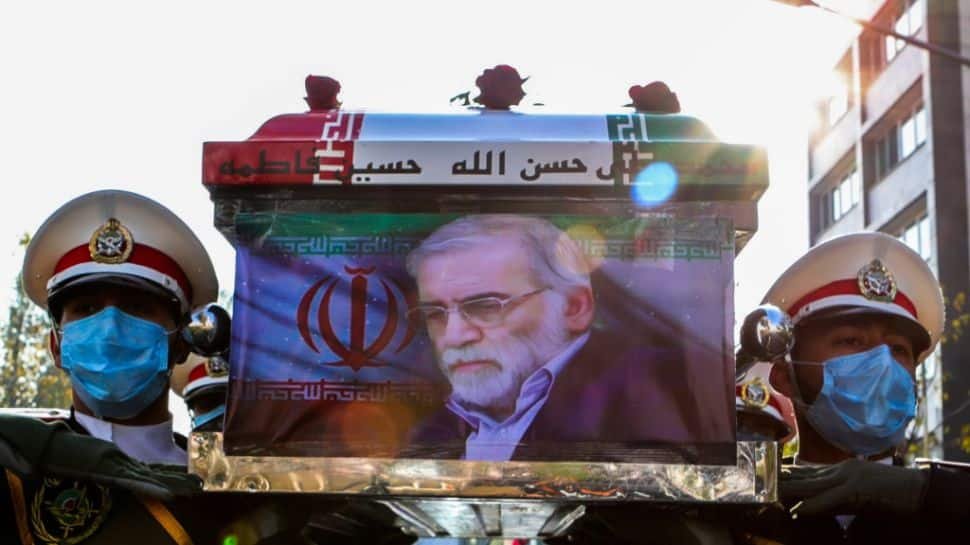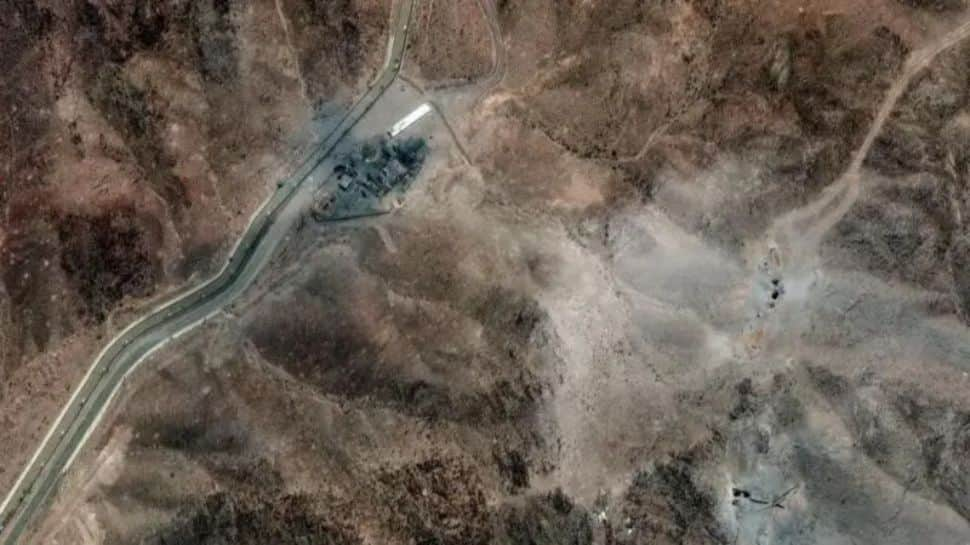‘They Weren’t Killed For Knowing Physics’: Israel Explains Why It Assassinated 14 Iranian Nuclear Scientists | World News

New Delhi: Israel reiterated that its recent operation against Iran that killed Tel Aviv’s at least 14 nuclear scientists and engineers was aimed at directly weakening Tehran’s nuclear weapons development capability by eliminating those responsible for its progress.
“These individuals were not killed because they knew physics. They were killed because they were personally involved in the fight – directly engaged in building and producing nuclear weapons,” Israel’s ambassador to France, Joshua Zarka, told reporters in Paris.
The scientists reportedly killed in the strikes included physicists, chemists and explosives experts – many with decades of experience in weapons development. Israeli military sources said that nine of the 14 were killed in the initial wave of attacks on June 13. The rest died in follow-up operations.
The killing spree, though not unprecedented, marks the first time Israel has publicly taken responsibility for such a large number of scientist killings. Until now, similar attacks, including the 2020 killing of top Iranian nuclear physicist Mohsen Fakhrizadeh, had been shrouded in silence or indirect acknowledgement.
Zarka’s comments underline Israel’s long-standing policy of preventing Iran from acquiring a nuclear weapon, with the ambassador claiming that the recent losses had “set back” Tehran’s nuclear program by many years. “The damage is deep and long-lasting,” he added.
However, nuclear experts remain divided on the long-term effectiveness of the campaign. Mark Fitzpatrick, a former U.S. diplomat and nuclear non-proliferation expert, said the deaths and facility strikes may cause temporary delays but not a collapse.
“The blueprint remains. The next generation of PhDs can still pick it up. These operations might push the programme back a bit, but Iran likely has backups in place. They may not be as skilled, but they can eventually get the job done,” Fitzpatrick explained.
Analyst Pavel Podvig, a Geneva-based expert on nuclear arsenals, echoed that sentiment, stressing that once the material for a bomb is secured, the rest of the process becomes relatively easier. “The intent may be to intimidate scientists and dissuade others from joining the programme,” he said.
Other observers argue that the psychological impact of the attacks may outweigh their tactical effects. “These killings delay the programme but do not destroy it,” said Lova Rignell of the Foundation for Strategic Research in Paris, adding, “The symbolism is powerful, but the strategic effect is limited.”
As tensions continue to simmer across the Middle East following the Israel-Iran conflict, the latest revelations have put a spotlight on Israel’s covert operations and raised questions about the future of Tehran’s nuclear ambitions.







